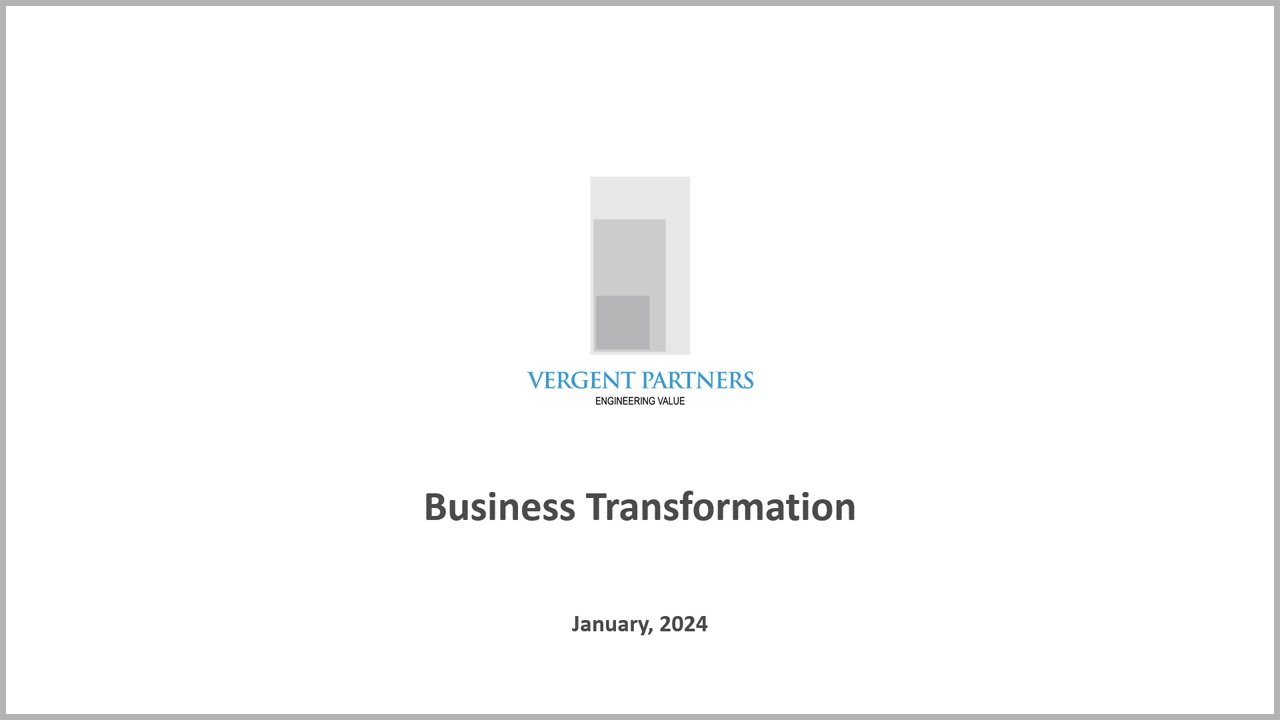Indian Road Sector
Related Reading:
ESG stands for Environmental, Social, and Governance, representing a framework for sustainable business practices. The framework encompasses a wide range of elements, including environmental impact, social responsibility, and corporate governance standards.
As per the classification made by the government, SMEs are defined by their revenues or assets below a certain threshold, as below.
Transformation is essential for businesses to remain competitive. Objectives of Business Transformation: Enhanced Competitiveness, Revenue Expansion, Cost Reduction & Profitability Expansion, Increased Efficiency & Productivity, Customer Centricity, Innovation & Agility, Risk Management, Talent Development & Engagement, Sustainability.
Road Companies have underperformed both the Nifty and CNX Infrastructure Index; the reason? Is this a performance-related response or is this on account of a broader realisation that their business plans are not sustainable? Will these companies ultimately resort to merging with construction businesses? Will this expose investors to a new set of risks?
The Indian Tiles Industry is completely home-grown with limited access to international best practices. There is growing institutional investor interest in the sector. Several Tier 2 Companies have raised Capital to scale to Tier 1 Status. They are improving operations, adopting technology and addressing the evolving consumer behaviour.






SMEs contribute to over 30% of India’s GDP, 45% of industrial production, 40% of export and employ over a 100 million. SMEs face significant challenges on account of their size.